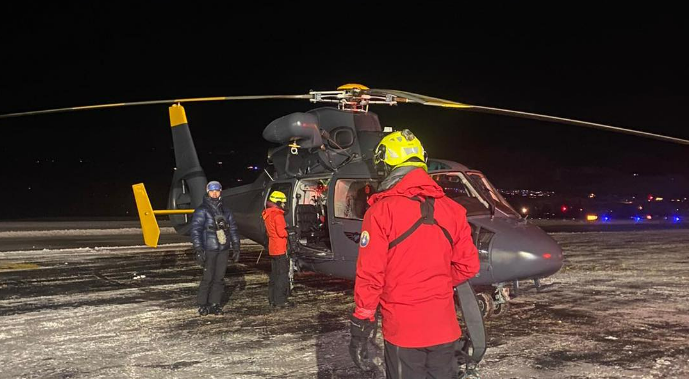When it is this cold out any injury can be pretty serious. It is always something I take into consideration when I go out. I would never do a big ride when it is this cold

 globalnews.ca
globalnews.ca

Injured snowmobiler rescued near Big White as temperatures dipped below -30 | Globalnews.ca
North Shore Rescue, Talon Helicopters, and Central Okanagan Search and Rescue responded to the distress call about 14 kilometres from the mountain around 7 p.m.






